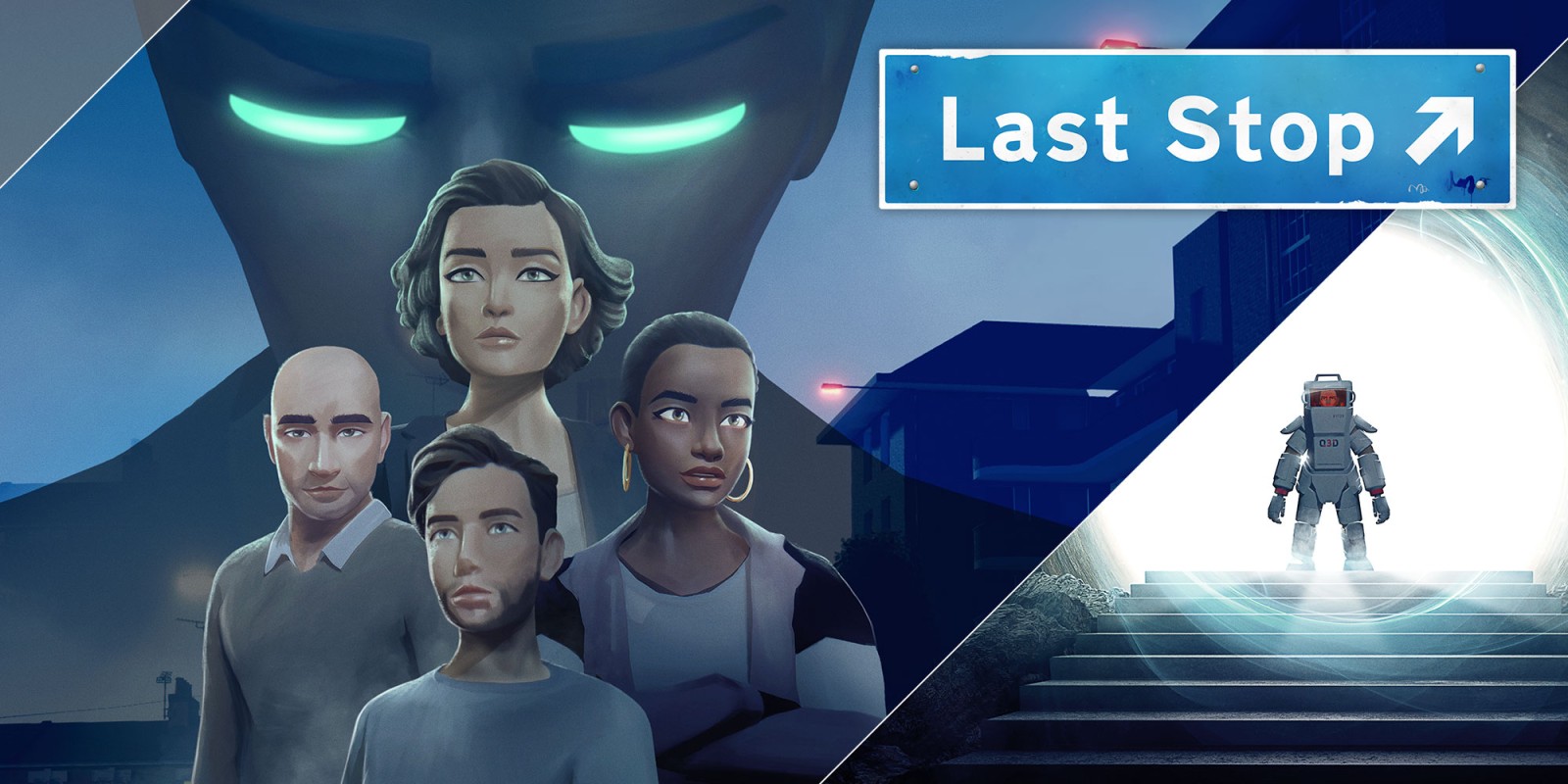

As Anne Tarver’s investigation unfurls, its connections to the heart of the FBI become clearer. The sensation is one of total entrapment. Though you return to FBI headquarters several times throughout the game’s dreamy two hours, you are never seen outside of it.

Virginia’s abstraction is neither ill-researched nor irresponsible, though its clichés do sometimes intrude. To put it simply, Virginia is Twin Peaks moved to America’s heartland and more openly interrogative of its power structures. However, its artificality allows it both abstraction and scale. The cold office hallways of the FBI headquarters and Kingdom’s white steepled church draws from the cliches of Americana.
#Last stop game tv
Virginia’s United States is artificial, a plastic country town cobbled together from movies and TV shows. In the process, though, it loses its predecessor’s spacial argumentation. While Virginia leans into abstraction, turning its small town, called Kingdom, into a metaphor for America’s shattered heart, Last Stop lovingly renders what feels like real places. They are the source of Virginia and Last Stop’s taut points of tension. Power and class are inescapable considerations of place and community.

Though Virginia has one playable character, FBI agent Anne Tarver, and Last Stop has three, John, Donna, and Meena, both games focus on a mapped network of intersecting lives. Both of their titles, Virginia and Last Stop, conjure place. So far, both of UK based studios Variable State’s releases primarily concern themselves with location.


 0 kommentar(er)
0 kommentar(er)
